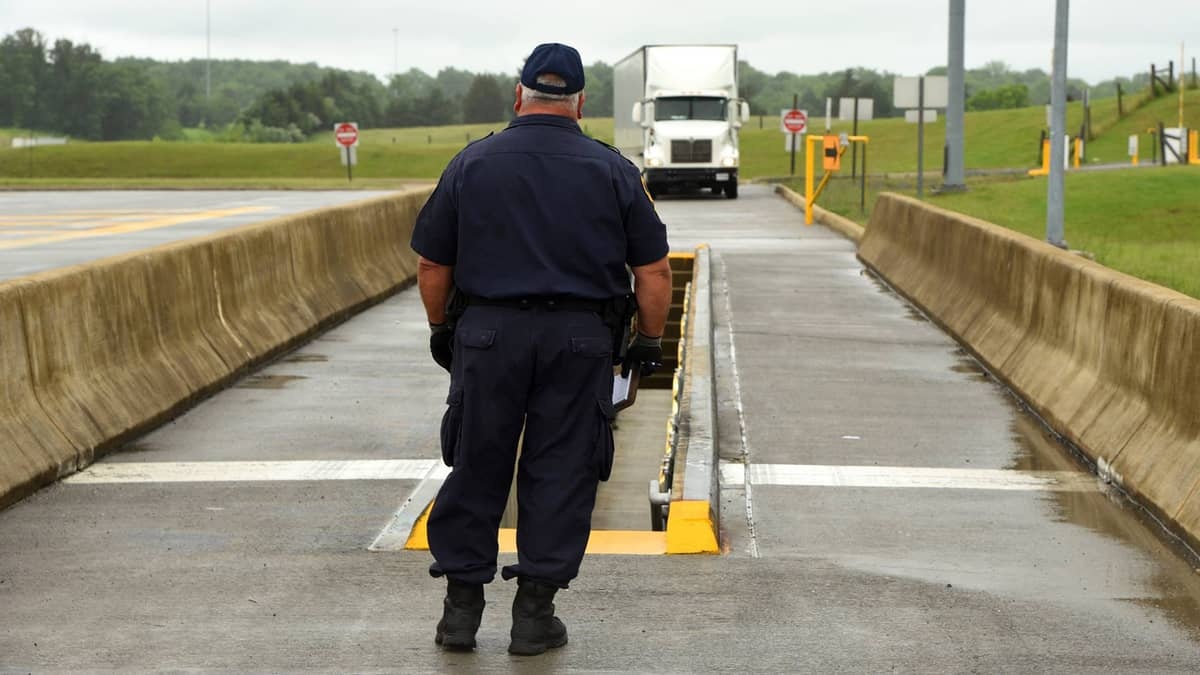Need help? We're here!
(888) 312-8812 Login SignupTrucking Experts Tips on Staying Awake While Driving
March 01, 2021

Image Source: Pixabay
Long-haul trucking has its benefits, but it also comes with downsides. One such prominent drawback is the chronic lack of sleep and resulting fatigue among truck drivers. According to government statistics, driver fatigue is a factor in approximately 13 percent of large truck accidents in the United States each year. Current logbook regulations have addressed this by prohibiting drivers from being at the wheel 11 hours straight as well as mandatory breaks. But even with these guidelines in place, increasing demand has led to drivers skirting these regulations and working longer than intended.
Whether you're a trainee or a seasoned long-hauler, staying alert during long drives can be incredibly exhausting. But there are ways to effectively fight the fatigue with no medication necessary and at little or no cost. The following are some helpful tips from industry experts on how to stay alert and awake while trucking:
Get plenty of good sleep beforehand
Medical experts unanimously agree that the best solution to fatigue is getting enough sleep before going to work. According to the American Academy of Sleep Medicine (AASM), the human body needs 7 to 8 hours of continuous sleep to function properly.
"The only way to reverse fatigue and sleepiness is to get more sleep," the AASM said, noting that going without sleep for 24 hours can result in effects similar to having blood alcohol content over the legal driving limit. They also debunk myths such as being able to learn how to function with less sleep or listening to loud music when fatigued, as these can only have short-term results at best.
Of course, getting a good night's sleep is easier said than done when it's inside a small sleeping cabin at a busy truck stop. The AASM has also provided several tips on how to sleep better on the road:
- Find a quiet and dark location to park your vehicle.
- If sleeping during daytime, use shades to block out the sunlight. Soft dome lighting may also help if you're not comfortable with complete darkness.
- Cancel out distracting outside noises with ear plugs.
- Steady ambient noises such as fans or white noise videos (which are plentiful on Youtube) are also known to help induce sleep.
- Don't hesitate to customize your sleeping berth for your own comfort.
- Avoid food or liquid intake one to two hours before sleeping.
Beat the boredom
While lack of sleep remains the main cause of fatigue among truck drivers, the monotony of driving can also result in drowsiness. In fact, Bob Holtzman of Western Truck Insurance Services suggests that boredom may even be a bigger factor in drowsiness than lack of sleep.
"Even with enough sleep or off-duty time, the long miles put in by truck drivers can lead to a very real mental exhaustion," Holtzman writes. He also cites common remedies such as listening to music or talking on the phone to distract oneself may not hold up to the hypnotic hum of the tires on the road in the long run. "If not recognized and planned for, [it can] lead to a driver falling asleep at the wheel."
To alleviate boredom, Holtzman suggests drivers add some variety in their routine. These include alternating between music, talk radio, and podcasts while driving and doing some exercise when the truck is stationary to maintain alertness. Taking a short nap before starting a long drive can also prove beneficial in staying alert for prolonged periods of driving.
Be honest to yourself and to your business
Chad Chaument, a vlogger of the popular Youtube trucker channel Driver Solutions, points out the danger of continuing to drive while tired or drowsy.
"This isn't one of the situations where we think we're the 'big bad driver'; we're the 'super trucker'… that we can do anything", he said. "If you are tired, you need to stop." He also recommends against managing drowsiness by drinking coffee or energy drinks, as this is only a temporary measure and will only lead to more fatigue once the caffeine wears off. If the situation comes up where drowsiness begins to take hold, Chad suggests the best option is still to pull over and take a quick nap.
In addition, it's also just as important to tell others about your current state of alertness while driving. "If you are tired or you are sleepy… you need to let somebody know," Chad says. "Be responsible enough when you're on your own to report to the company 'I need to take a nap, I'm falling asleep.'" A lot of drivers are often afraid to say that they're tired or sleepy out of fear they'll lose track of their schedule, but a trucker's health is always a top priority. "Late loads happen," Chad says. "Let the company know. They'll deal with the repercussions of it later. Your health and safety are more important."



